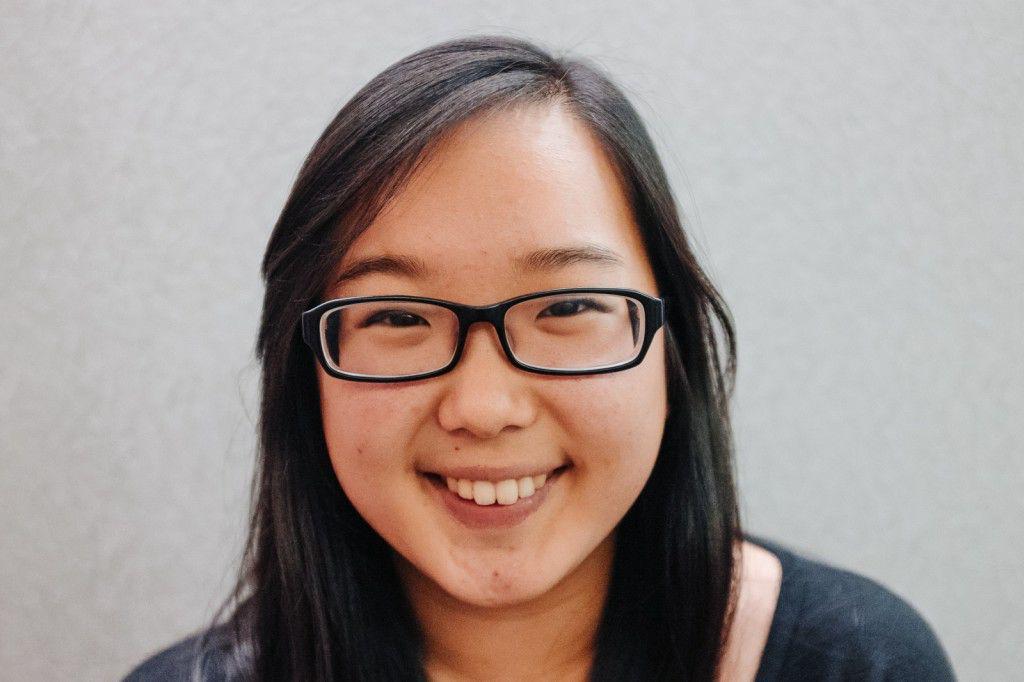It comes to no one’s surprise that women dominate Boston University. Sixty percent of students are female, while only 40 percent are male, according to College Board statistics for BU. It doesn’t seem like that will be changing any time soon, and with BU being the first U.S. college to admit women along with men, this is a statistic worn with honor.
In fact, two of my classes this semester are filled only with females. While one is a women’s studies class, the other is a journalism class. Once, my journalism professor commented that it is still a male-dominated field, but here is a class filled to the brim with young women.
The U.S. Census Bureau reported in 2011 that women are more likely than men to attend college and receive degrees. This is a flip from the previous generations where men outnumbered women in finishing their higher education and earning degrees.
With all these numbers flying around, I began to wonder why our curriculums aren’t changing with the times. In my History and Principles of Journalism class, we touch briefly on women in each period of American history. I can safely say that it’s the most exposure I’ve had to women in a history class since I began my schooling 16 years ago.
The class itself has a suggested book that is just based on how women have changed the journalism world, but unfortunately it will sit unread by most because it isn’t required. Let’s not kid ourselves; we struggle to read required books, so why would we read suggested ones?
In a way, it feels like women in history are suggested learning materials while men in history are a staple.
This history class has prompted me to think about how women have been taught in classrooms since the beginning of my education, mainly in history classrooms.
Elementary school was filled with pictured, colored books, painting with fingers (and usually all over myself as well) and reading about U.S. history. From what I remember, I learned about a few women painters and authors here and there. Unfortunately, I can’t remember ever learning that much about women in history.
Middle school and high school were more of the same. I learned about the really famous women, such as Rosa Parks and Eleanor Roosevelt, but what I didn’t learn about was things like the first and second waves of feminism and how history impacted women (or vice versa).
I know that I cannot blame my teachers for this, because in the public school system, teachers have a set of rules they must abide by. The government controls what you learn. What concerns me is that though women represent over half our population, the education of history does not reflect that.
How can we have people care about women and understand the struggle for equality when we don’t teach it in our classrooms?
I could almost guarantee you if I asked people on the street to name five famous men in history and five famous women in history, many would fail to complete the latter assignment.
It may seem silly that I care so much about history. History is in the past and women are trying to forge a future. Yet, what people fail to see is that our future is deeply influenced by our history.
We not only learn history in order to avoid mistakes, but we learn it to seek out role models and to mark the change done by them. There have been so many powerful women in the past, but their advice and lessons are swept under the rug.
How can we expect our younger generations to stand behind equality and feminism, when they are never taught what it means and know nothing of the people who stood behind these movements?
Why should they care if our history books don’t?
What I’m suggesting is not an abolishment of all men in history, because men have done and are doing important things and should be celebrated for that. What I am suggesting is that women are better woven into a history that we helped to create. We should no longer be deemed not as important to know about. We should teach younger generations and our own generation to care about women, because they matter too.
To me, equality is more than just about women. It’s about people being not only treated equally, but represented equally as well. Our history books lack representation of minorities and those in the Lesbian Gay Bisexual Transgender community, as well as women.
For me, the hope is that people will see that there is more to the importance of a higher number of women receiving degrees. It matters what they learn as they receive these degrees, just as much as the credentials themselves.
If we are going to encourage women to educate themselves, it is only fair that they are included in our history books.























































































































